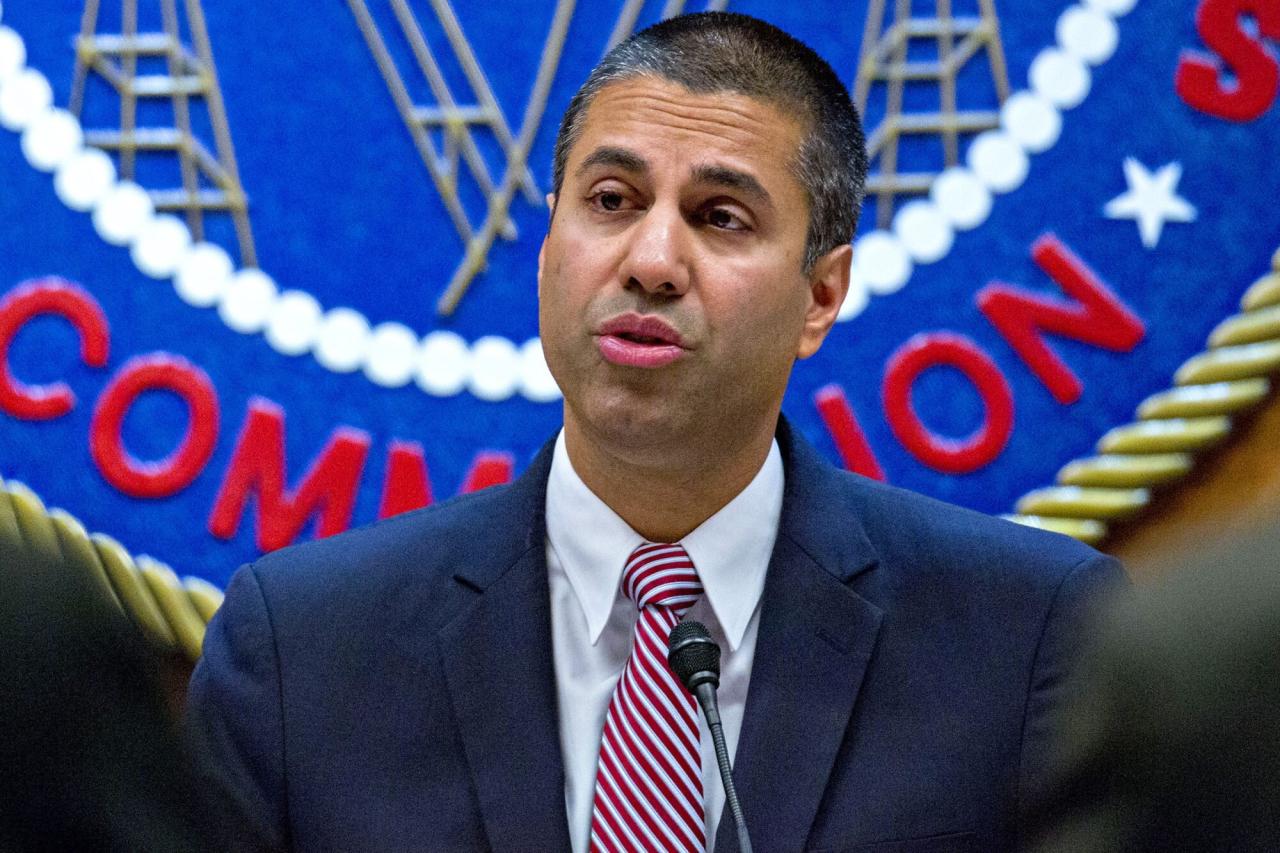The Federal Communications Commission defended its rollback of Obama era net neutrality protections on Thursday, filing a legal brief with a federal appeals court that argues the agency has the right to change its mind.
The Republican-led FCC said it was within its legal right to roll back the 2015 rules, citing a Supreme Court decision from a decade earlier as precedent. The agency says the rules, which imposed utility style regulation on broadband networks, stifled investment by ISPs.
The FCC’s brief offers a first look at how the agency will defend its position in a lawsuit filed against it by attorneys general from 22 states, consumer advocates and tech companies, including Mozilla. They say the agency’s repeal of regulations to protect net neutrality was ‘arbitrary’ and ‘capricious.’
The heated legal battle could eventually end up at the US Supreme Court, where all eyes will be on the newly appointed Justice Brett Kavanaugh, who questioned the FCC’s authority to adopt the original net neutrality protections. That position was expressed in a dissent he wrote that challenged the rules in last year.
The argument: ‘We can change our mind.’
Under President Barack Obama, the FCC prohibited broadband companies, such as AT&T and Comcast, from slowing down or blocking access to websites. They also prevented these companies from charging internet services, such as Netflix, a fee to access their customers faster. The Democrat-led FCC also reclassified broadband as a Title II service, a move defenders of the 2015 rules say was necessary to ensure the regulation could withstand legal challenges. Title II regulated broadband in a manner similar to the way phone service is regulated.
In December, the FCC re-imposed the less stringent Title I classification on broadband, arguing the stricter classification stifled investment in networks.
‘The [FCC] accordingly adopted a light-touch approach that relies on transparency, market forces, and enforcement of existing antitrust and consumer protection laws to protect against harmful conduct,’ the FCC wrote in its brief said.

It’s this change in classification that is at the heart of the case against the FCC. The FCC argues in its brief that the Supreme Court’s 2005 decision in the Brand X case outlined the FCC’s discretion to classify broadband as either a Title I or Title II service. The agency also justified the change by pointing to evidence that investment in broadband networks declined in the two years following the adoption of the Obama administration’s net neutrality rules.
Mozilla, one of the FCC’s opponents, has argued in its own court filing that the FCC ‘fundamentally mischaracterizes how internet access works.’ It also argues the FCC’s order to repeal the net neutrality rules is illegal because it ‘completely renounces its enforcement ability’ and ‘tries to delegate’ its authority for regulating telecommunications services to the Federal Trade Commission. It also accuses the FCC of ignoring its own data that shows consumers lack competitive choices in internet access, which gives ISPs incentive and access to act as gatekeepers online.
The FCC has defended itself against these claims, arguing its enhanced transparency rule, which requires internet providers to be explain how they manage their networks, antitrust law, and the FTC’s anticompetitive regulations are sufficient in protecting the internet.
The FCC also urged the DC Circuit to uphold its authority to pre-empt states that try to pass their own laws to regulate net neutrality. Several states, including California and Washington, have already passed laws to impose net neutrality protections statewide. The Justice Department is suing to block California’s law from taking effect.

